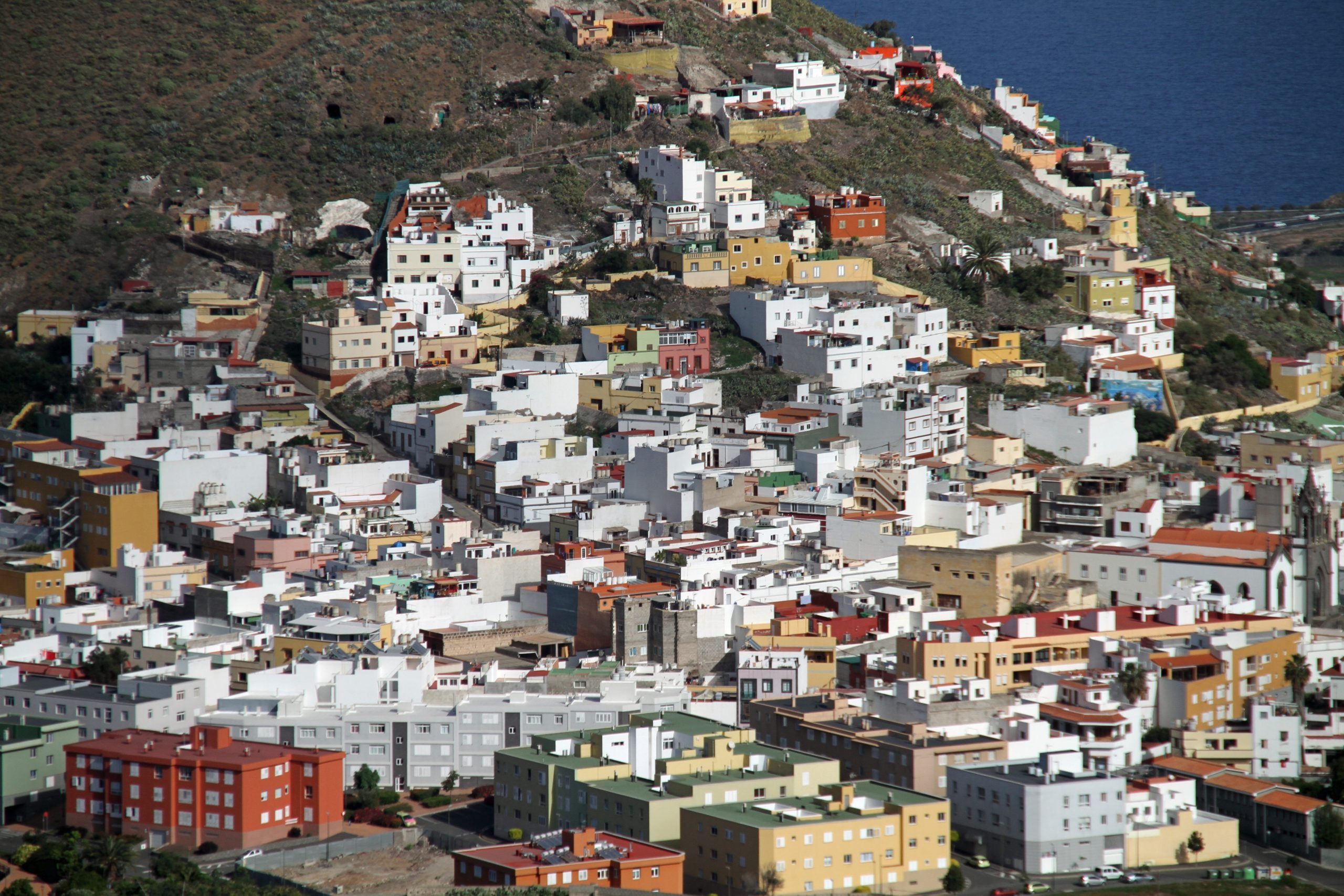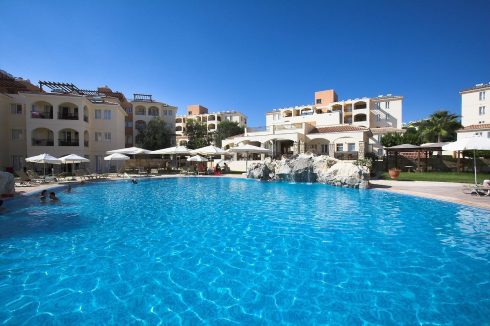THE CANARY ISLANDS government wants to slap a ban on building holiday homes in certain municipalities and tourist areas following an increase in what it claims is ‘gentrification’ and ‘touristification’.
Opinions of residents will be canvassed ahead of drafting a new law with some areas having up to a third of housing that is purely for tourist purposes.
Besides introducing ‘zero growth’ areas, certain municipalities will get a percentage limit on the number of new holiday homes that can be built.
Director General of Planning, Miguel Angel Rodriquez said: “Holiday homes are not going to be banned but he level of demand is going to be raised.”
“It’s about ordering and planning, establishing quantitative and qualitative limits, not prohibiting,” he insisted.
The government hopes to approve its new law on tourist housing next year.
Currently, there are 47,051 regulated homes in the community, which offer 195,532 beds, numbers that place the archipelago in second place in Spain.
This type of accommodation now accounts for 33% of tourist beds, according to official figures, and 3.6% of the total housing stock – the second highest in Spain, only beaten by the Balearic Islands (5%).
Miguel Angel Rodriquez warned that, in just nine months, the number of homes for tourist use has increased on the islands by 4,504.
He pointed out striking examples such as the case of La Oliva (Fuerteventura), where holiday properties represent 30.8% of the total number of homes.
The Director General also quoted Adeje (Tenerife), with 14.8% and San Bartolome de Tirajana (Gran Canaria), with 12%.
“This phenomenon produces a major impact on the constitutional right to provide decent and adequate housing,” said Angel Rodriguez.
A report by the Idealista property platform recently showed out that the supply of rental housing has fallen by 22% in the Canaries in the last four years with prices rising by 1.9% in October.
The president of the Canarian Association of Holiday Rentals (Ascav), Doris Borrego, is against more regulation.
“The rise in prices is the consequence of the fact that there are 211,000 empty homes, which are being withdrawn from the market due to the legal uncertainty about the proposed housing law.”
“The government is looking like a feather duster: what it wants is to copy the moratorium that was implemented in the Balearic Islands,” added Borrego.








